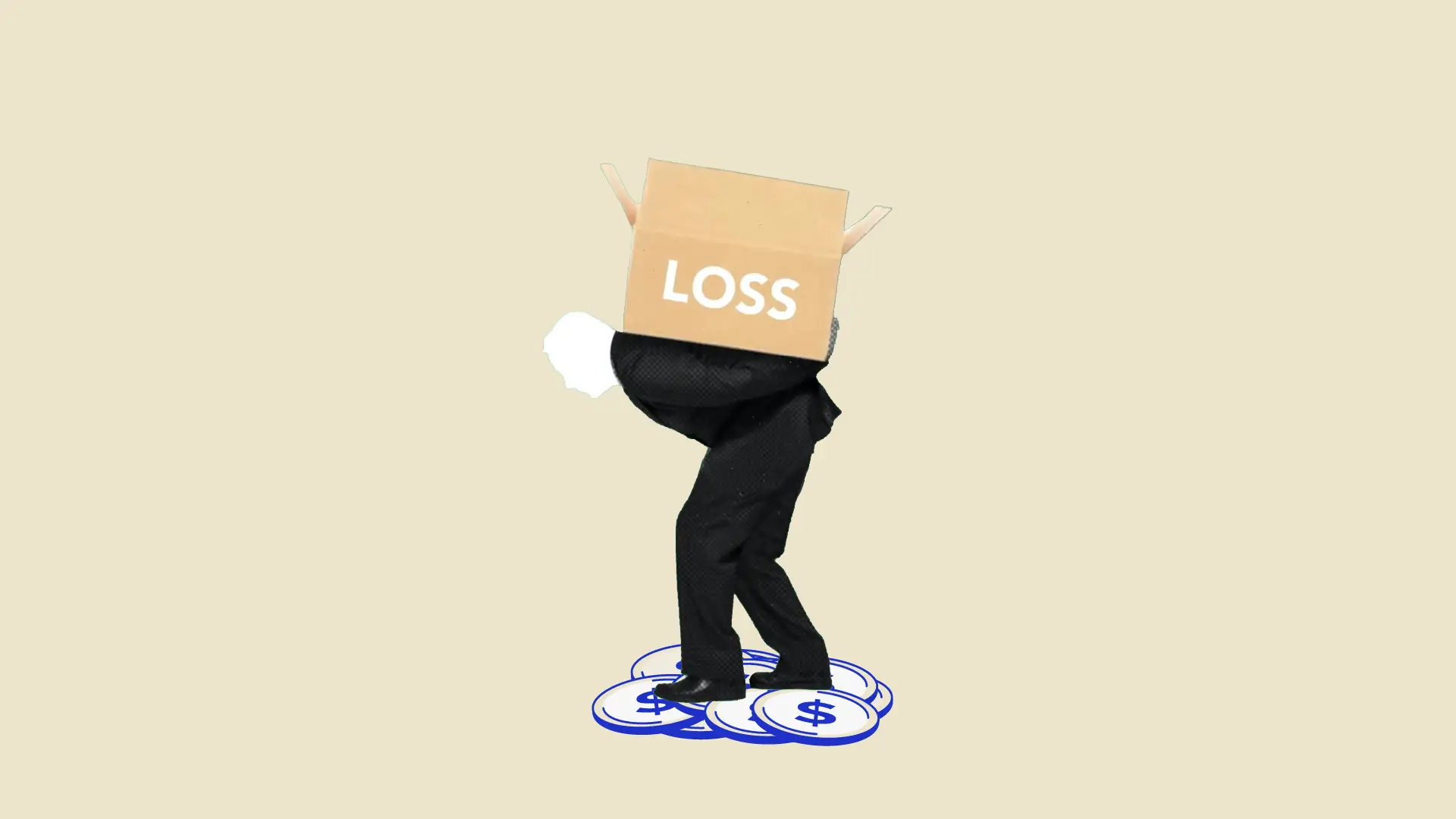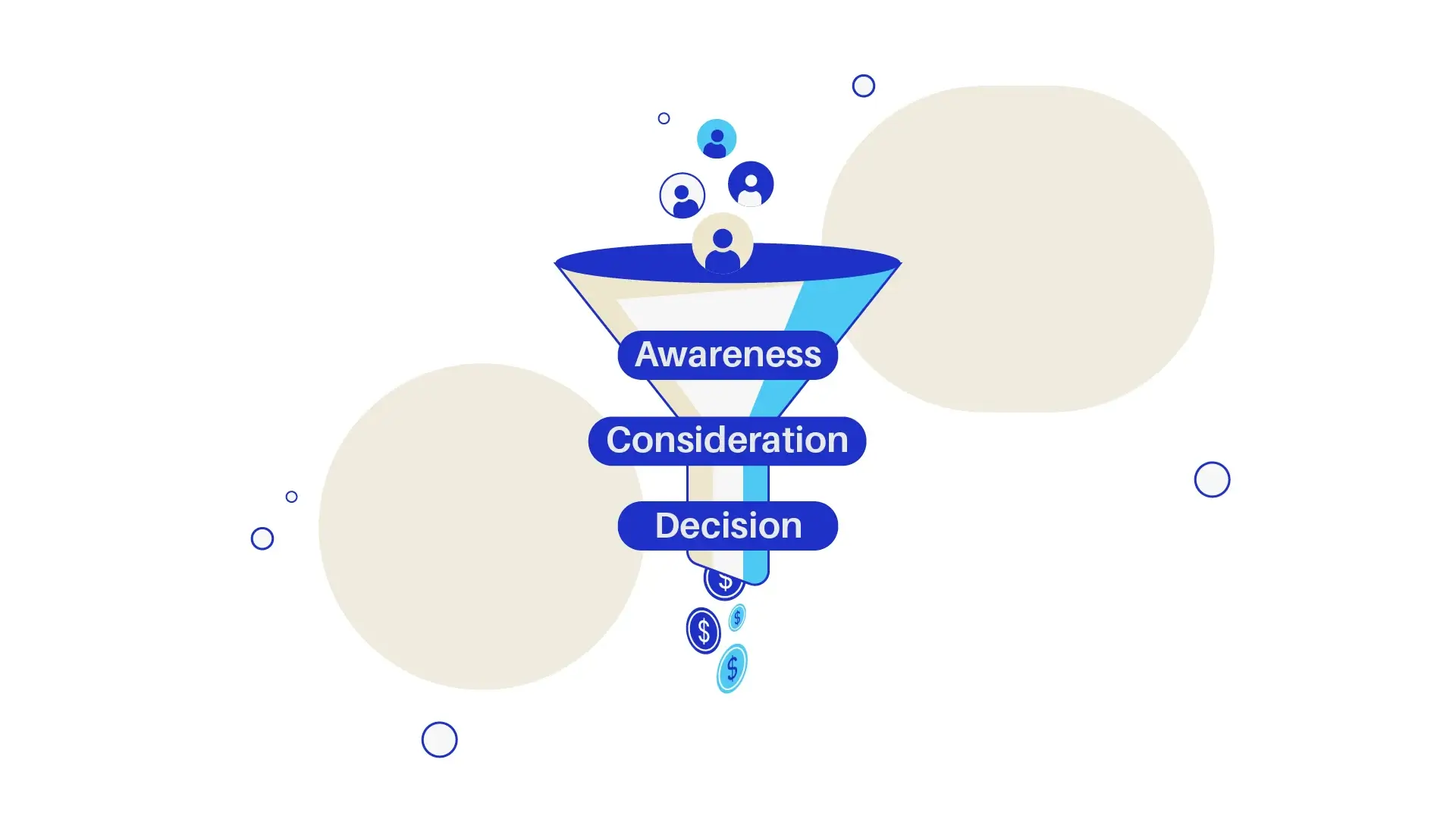B2B Sales Strategy To Close More Sales - Train Your Sales Team To Fail

Failure is often seen as word dripping with negative connotations. It implies defeat, a lack of competence, or a misstep.
It's natural for SDRs to avoid failure at all costs. They play it safe, and as a last resort, they even hide their failure from their superiors.
This culture runs rampant among B2B companies today. It's the silent killer of any potential B2B sales strategy.
In leadership training, you'll hear talk about setting up new members of your team for quick wins. It makes sense why many would recommend this; it boosts confidence in the short term. What most managers and business leaders fail to do after this is equipped their teams to handle failure. Failing to teach your SDRs to fail will fail them in the long run (are you following?).
So let your SDRs fail, but don't throw them in the deep end and look away while they drown. Instead, use these three training tactics to equip your team. Help them to not only expect failure but to appreciate and grow from it.
1. Acknowledge the Emotional Impact
Rejection stirs up a whirlwind of emotions, from frustration and disappointment to fear. If your SDRs aren't calling or putting in the volume that you expect of them, the core reason 99% of the time isn't laziness or being insubordinate. The reason is emotional; they are scared of rejection and aren't equipped to handle it… yet.
Recognize these feelings and provide your team with tools to process them. Spend time 1 on 1 with your SDRs and practice active listening and reframing. Your salespeople will navigate these emotions and bounce back with renewed vigor.
2. Embrace Every 'No' as a Step Closer to 'Yes'
Emphasize to your SDRs that sales isn't a linear journey. Reframe rejection from being a failure to a lesson. Early on, when developing a new skill, you are required to learn a higher volume of lessons. As you advance your skills, the lessons become less and less. To do this well, give your team the R.E.J.E.C.T. method.
The R.E.J.E.C.T. Coaching Process for SDRs
R - Review the Interaction Start by revisiting the sales interaction. Listen to call recordings, read emails, or discuss the interaction with the SDR.
E - Evaluate the Feedback Identify the specific reasons for rejection. Was it the product? The pitch? Timing? Or a mismatch between the solution offered and the prospect's needs?
J - Jot Down Key Learnings Document the main takeaways from the rejection. This helps in internalizing the lessons and provides a reference for future interactions.
E - Engage in Role Play Simulate the sales scenario again. This time, armed with the insights from the rejection, Role-playing
C - Construct a New Approach Based on the feedback and learnings The SDR can devise a new strategy or refine their existing one. This involves tweaking the pitch, asking better questions, and changing the way they handle objections.
T - Test and Iterate Encourage the SDR to apply their new learnings to real-world scenarios. After a few interactions, review and analyze the outcomes.
3. Solicit Feedback and Reflect
Rejections often come with valuable feedback. Encourage your team to actively seek out this feedback, analyze it, and reflect on their approach. Tools like call recordings and CRM notes can provide invaluable insights into areas of improvement.
It’s important to create an environment where SDRs share their experiences, both good and bad. There's no better teacher than a peer who has walked the path and can provide insights on what they would do differently next time. After a failed sales attempt, have a systematic approach to reviewing what went wrong. Encourage open dialogue and ensure SDRs understand it's a learning process, not a blame game. Dive deep into the ‘why’ and ‘how’ of the failure.
It's essential to guide your team on what went wrong, but it's even more critical to show them how to get it right the next time. Constructive feedback builds confidence and ensures mistakes are not repeated.
Failure, when seen through the right lens, is not a setback but a stepping stone. As the adage goes, "What doesn’t kill you makes you stronger." Equip your B2B SDR teams to not just handle failure but to embrace it, learn from it, and rise above it. After all, in the volatile world of sales, resilience and adaptability are the true markers of success.
Recognize and reward team members who bounce back from failures with new strategies or improved tactics. This not only motivates them but also instills a culture where persistence is as celebrated as closing a sale.
Make the smart choice—schedule a consultation with us today.
Keep up-to-date with the latest advancements in Sales/Marketing AI and Revenue Operations by following us on LinkedIn, YouTube, and Meta. Subscribe to our newsletter to ensure you never miss out on vital industry insights and the latest news affecting the broader landscape of revenue operations.
Related Articles

Essential B2B Sales Pipeline Stages Every Team Needs
Essential B2B Sales Pipeline Stages Every Team Needs It's clear that no two companies have the same step in the complex dance that is B2B sales. A strong sales pipeline is essential for the success...